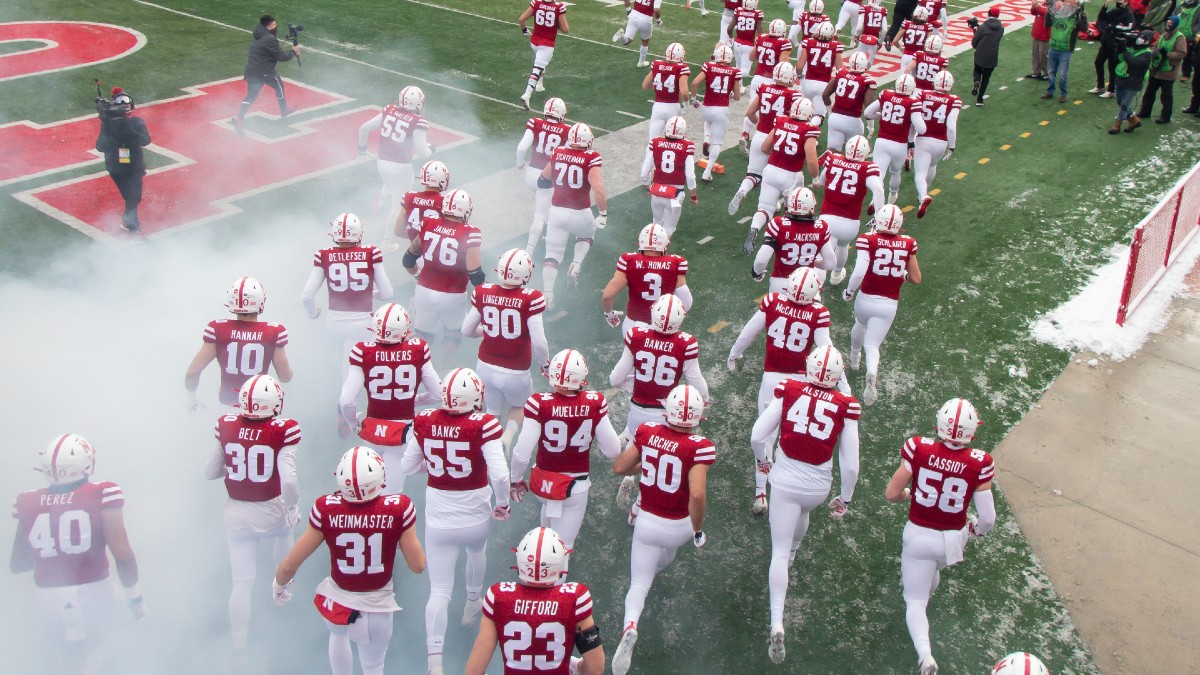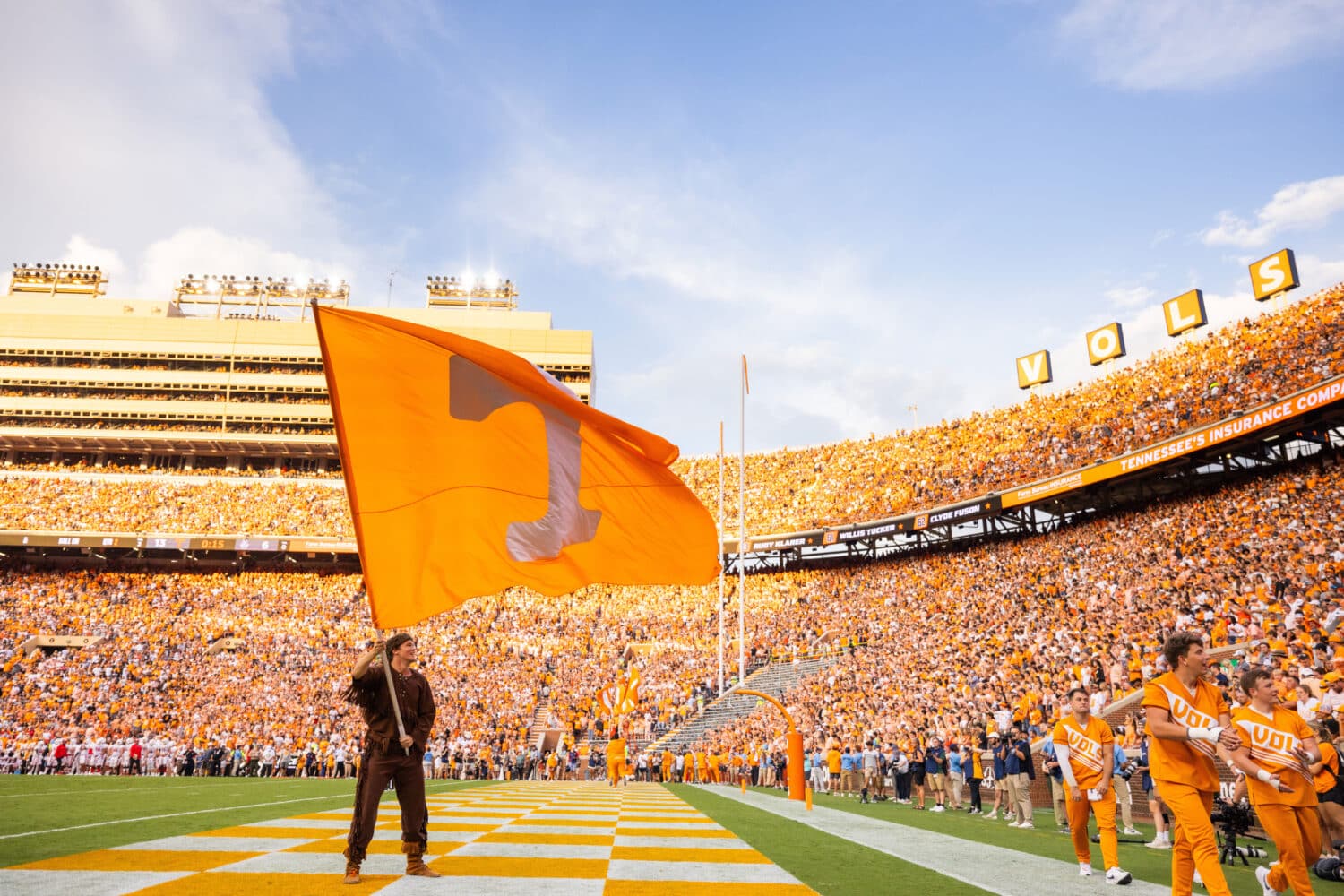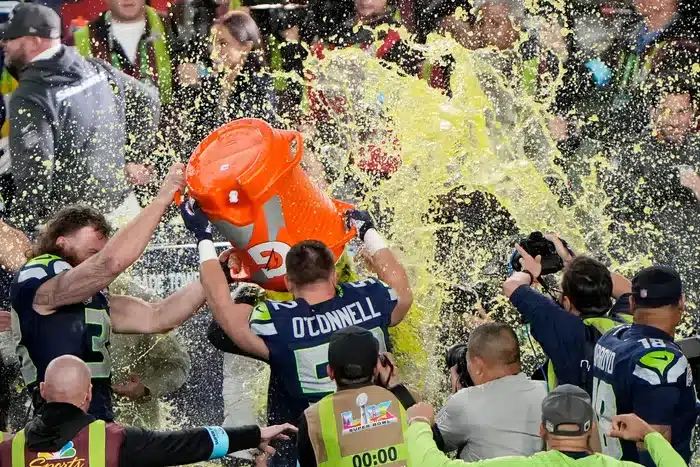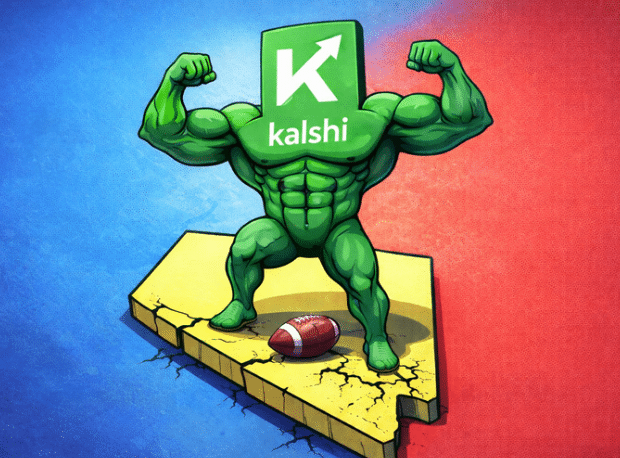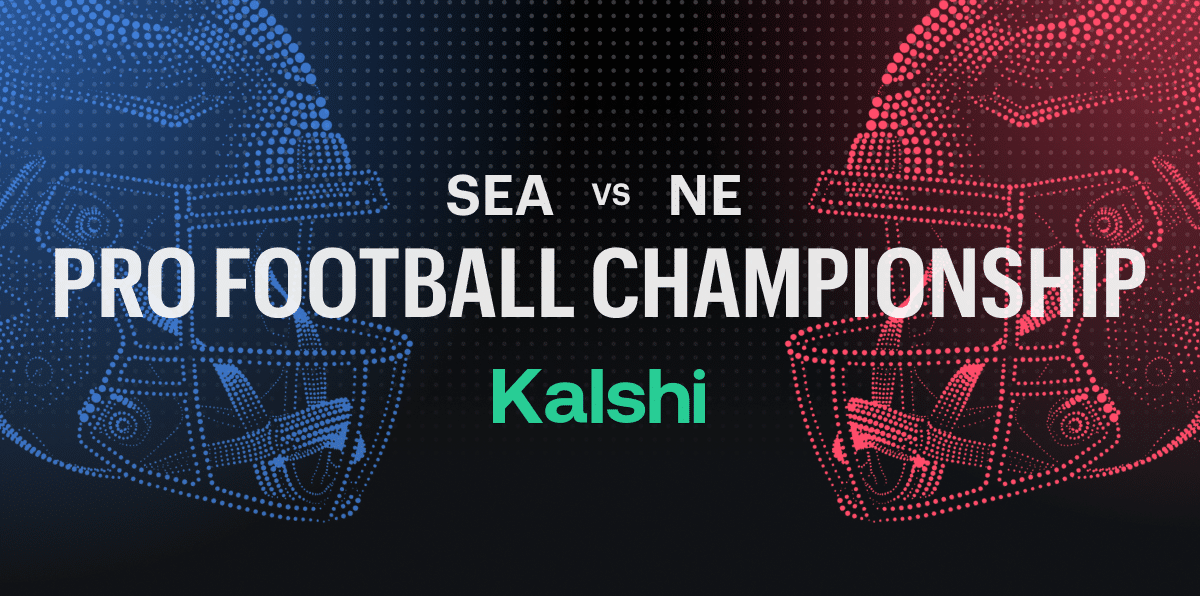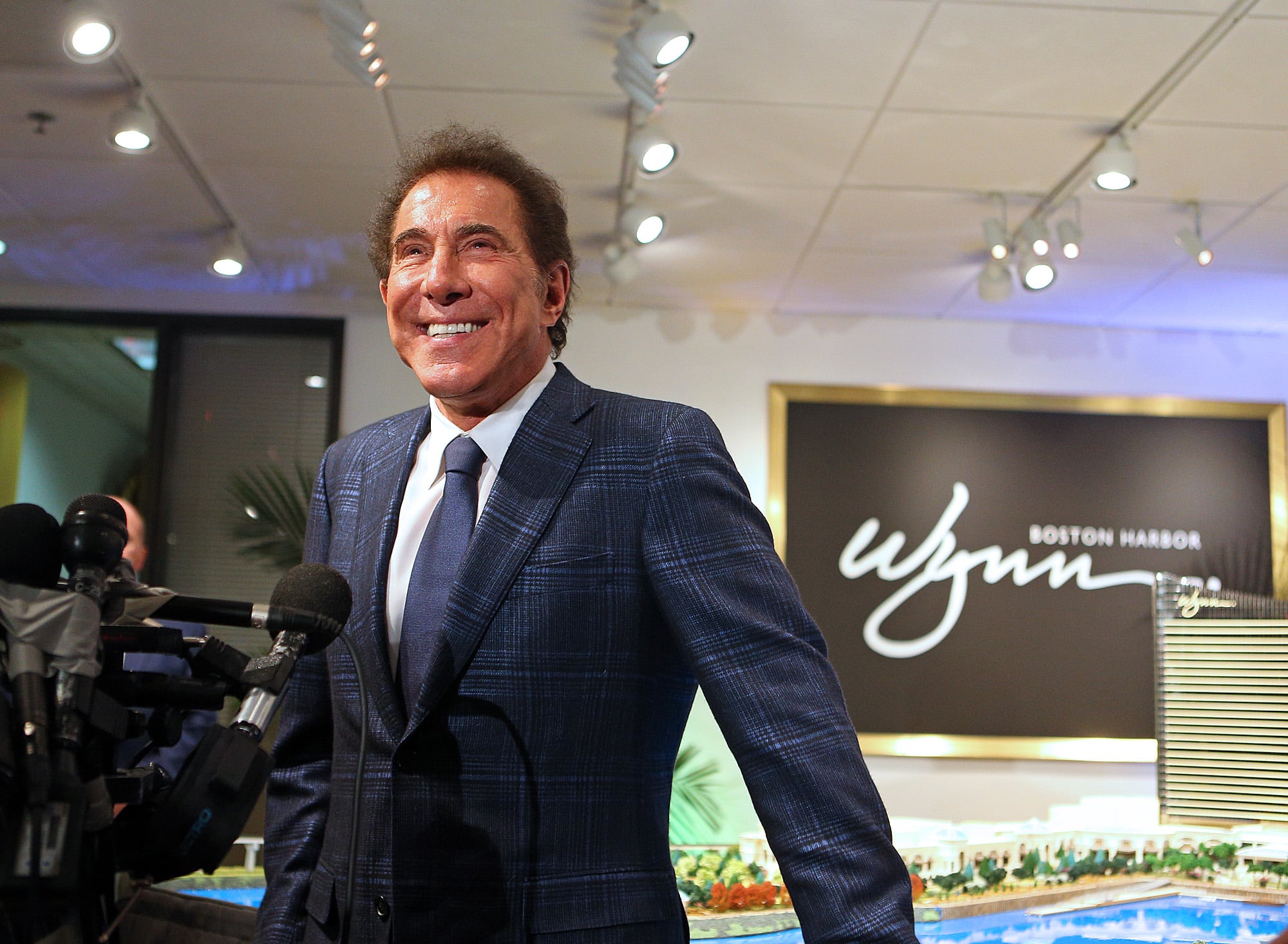
An undervalued hand
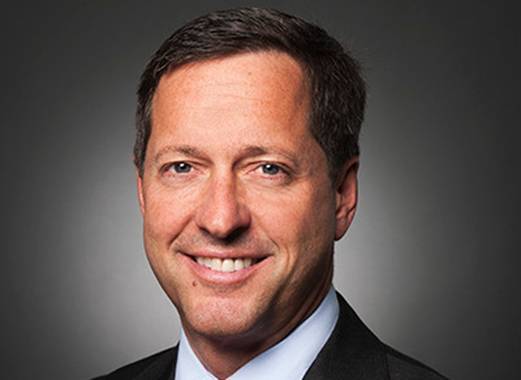
To start with, I wanted to get your view on the sports betting situation in Maine, where the Governor recently rejected a sports betting bill, mentioning missed tax revenue targets in other states. Has there been a wider focus on a lack of tax revenue at state level and could this hold US sports betting back?
I think, as it relates to sports betting, there is a massive education process taking place. That education process involves, in many cases, politicians who see gross numbers being bet and think that is what they are able to tax on – and that’s just not the case. To a degree, the politicians have been acquainted with casino gaming or lotteries, where it’s much easier for them to determine what the tax rate is based on that product. With sports betting, you only get a piece of the total amount wagered. Among that piece, you can either win money or lose money.
Here in the UK, we were able to go to a Tottenham Hotspur soccer game the other day and the conversations were around every time Manchester City loses, the books actually do better. The public has basically been betting on Man City every match, so the books are getting crushed. When the books get crushed, they don’t pay taxes on the money they lose; only the money they win. My view is that Americans have always loved to bet on sports. Unfortunately, up until recently, most have only had the opportunity to bet on sports illegally and that’s why there is momentum for the prospect of a safely-regulated market.
That, combined with tax revenues, is making it a warm and welcome environment for politicians. But I do think there is an education element to understanding what this really means if you’re trying to fund all of government. There’s sometimes a reality check around that.
In a more positive case study, how do you reflect on the first full-year sports betting figures coming out of New Jersey? Has the Garden State surpassed expectations and is it a strong enough advertisement for other states?
From the AGA’s perspective, we haven’t been prescriptive in terms of what legislation should look like. We’re recognizing every state has different stakeholders they have to work through. But one thing we have said is, if we are going to compete in the elite as a legal, regulated marketplace, we have to recognize Americans have bet on sports for a long time – and they’ve bet on sports illegally for a long time. So, for us to get that customer to migrate from the illegal marketplace to the legal marketplace, it has to have many of the conveniences illegal operators offer.
That means you have to have an app, figure out a tax rate that’s low enough and offer odds that are competitive with the illegal marketplace. Mobility is an important part of the success in New Jersey, not only for overall revenue, but it’s also helped because it’s been tied to brick-and-mortar. I think New Jersey is a good model and many of the states still working through legislation would look at New Jersey and say, if we already have brick-and-mortar, this is a good way for us to think about it.
But then you’ve got a state like Tennessee that doesn’t have any casinos at all but offers sports betting, so it’s 100% mobile. Every state’s handling this a little bit differently. Our job and our goal is to, first and foremost, promote the benefits of a safe legal market, juxtaposed against the illegal market people have been utilizing for decades. Starting off with that fundamental, you have to recognize every state has its own unique circumstances to work through as they’re pushing legislation.
In Pennsylvania, is it encouraging that a healthy amount of operators and suppliers have not been put off by its sports betting tax rate of 36%?
Absolutely. Ultimately, it goes back to the point I try and make at every turn. In Pennsylvania, there’s a lot of professional and college sports teams. You’ve got a very passionate fanbase and those fans who used to bet illegally are moving to the regulated marketplace. Tax rates aside, fans are recognizing now there is a legal option they didn’t have before and they’re taking advantage of it; that’s exciting.
Do you see a healthy future for online casino within the US, given the current uncertainty over the Wire Act, or is it perhaps a little early to judge?
It’s certainly very early. I always think it’s important to make the distinction between national online gambling, which is still illegal in the US, and mobility, which is happening on a state-by-state, case-by-case basis. I think it’s still quite early in the cycle to look at what the impact of online is in states. But I think it’s something every one of our operators is looking at and, certainly from an investment perspective, thinking about. They’re assessing whether it has positive or negative implications to brick-and-mortar and they’re asking whether they can make it an additive. I think those are the questions operators are working their way through in different states.
When you spoke to us a few months ago, you discussed transforming public sentiment into political muscle. How has that journey been progressing for the AGA?
The public perception of the industry’s never been better. My strong view is that is because the general public has evolved in their view of the industry. While it may have been coloured in the past by the Godfather movies or Casino, as the expansion of gaming moved from two states – New Jersey and Nevada – to 43, the public started to see casinos open in their community and all their stereotypes got replaced. Areas have been revamped and the fire chief can talk about the two new fire engines he’s just bought, while people go to church and meet people who work at the casino. Many of these stereotypes have been broken down by the reality of these communities.
So I think we start off with a pretty good hand: an undervalued hand. Our job as the AGA is to bring life to those stories and make sure politicians, particularly in Washington, understand them. The regulators in states where there is already gaming get it. We’re an industry that pays the highest tax rates in each of the states in which we operate. They understand that – but for us – they’ve got to make harder choices around raising taxes or cutting programs and – because of us – more people are being employed, there are better opportunities created for smaller businesses, while we are also supporting social programs. People may have been told there would be negative consequences of casinos being built in certain states, but people have seen that’s not the reality.
Where our challenge is, in part because at the federal level politicians don’t enjoy the tax benefits, politicians can be somewhat disinterested parties. Our job – and it’s an exciting job – is to try and connect the real stories in the community with those federal politicians who may at some point decide it’s in their interest to create an additional level of oversight and tax, for an industry that’s already well-regulated and well-taxed. In the UK and other places where the industry has not been forward-leaning with regards to the benefits created to communities and our commitment to responsible gambling, the pendulum does swing in a very negative and very harsh dynamic to the industry. You always want to learn from other examples and case studies. What we’re trying to do is put ourselves in the best possible position to not see government come down harder on the industry.
Must-Read Casino & Betting Guides
Check out our featured gambling guides to find top casinos, no verification sites, fast withdrawal platforms, and more.
- Gambling Sites
- Best Online Casinos
- Best Sports Betting Sites for February 2026
- Best Crypto Betting Sites
- Best Offshore Sports Betting Sites
- Top Online Casino Sites Canada
Players trust our reporting due to our commitment to unbiased and professional evaluations of the iGaming sector. We track hundreds of platforms and industry updates daily to ensure our news feed and leaderboards reflect the most recent market shifts. With nearly two decades of experience within iGaming, our team provides a wealth of expert knowledge. This long-standing expertise enables us to deliver thorough, reliable news and guidance to our readers.
